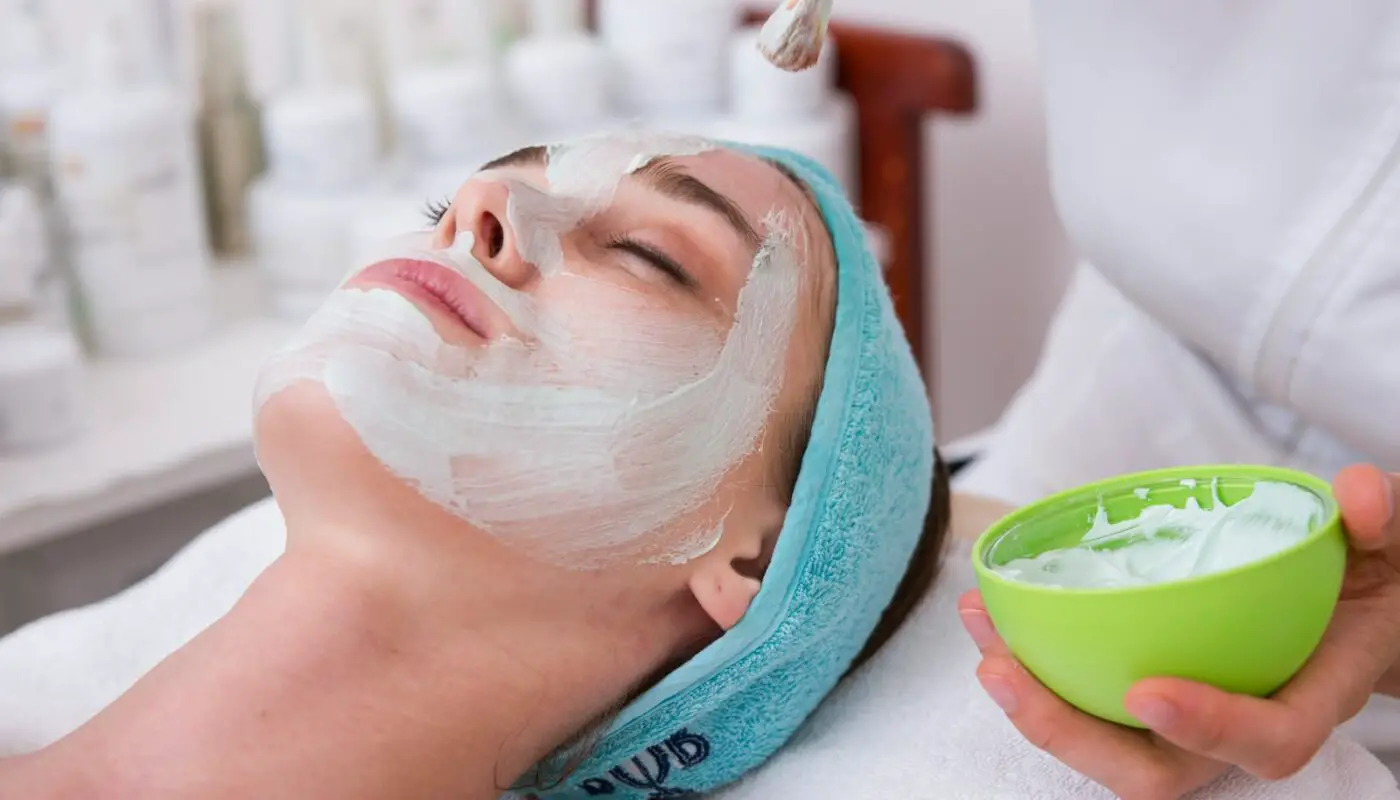The pursuit of aesthetic perfection through cosmetic surgery can sometimes lead to unintended and distressing outcomes. Botched cosmetic surgeries not only affect physical appearance but can also take a significant toll on emotional well-being. Navigating the aftermath of such surgeries requires resilience, informed decision-making, and a clear path to recovery. This article aims to offer practical advice and support for those grappling with unsatisfactory surgical results. From recognizing the signs of a botched procedure to preparing for corrective measures, these tips are designed to guide individuals through the challenging process of recovery, emphasizing the importance of both physical and psychological healing.
1. Recognizing the Problem
The first step in recovering from a botched cosmetic surgery is recognizing and admitting that there is a problem. This can be challenging, as it often involves coming to terms with disappointment and distress. Look for signs such as unusual or prolonged pain, unexpected changes in appearance, or the development of abnormal shapes or contours in the treated area. Infections, open wounds, or significant scarring are also indicators that the surgery may not have gone as planned. Early recognition of these signs is crucial in seeking timely medical attention and deciding on the next steps for correction.
2. Seeking Professional Help
If you are experiencing complications related to biopolymers in body, it’s essential to seek professional medical help immediately. Consult with a qualified and experienced plastic surgeon who can assess the situation accurately. They can determine the extent of the problem and recommend appropriate corrective measures. Seeking a second opinion is also advisable to ensure that you are getting the best possible advice. Remember, the goal is to find a solution that not only addresses the physical aspect of the botched surgery but also ensures your overall health and safety.
3. Understanding the Risks and Options
Before proceeding with any corrective measures, it’s critical to understand the associated risks and the range of available options. Corrective procedures can vary from minimally invasive touch-ups to more extensive surgeries, depending on the severity of the issue. Each option comes with its own set of risks and benefits, which should be thoroughly discussed with your surgeon. Do extensive research and ask detailed questions to understand what each procedure entails fully. Being well-informed will help you weigh the pros and cons and make a decision that aligns with your health goals and aesthetic expectations.
4. Psychological Impact and Support
The psychological impact of a botched cosmetic surgery can be profound. It’s common to experience a range of emotions, including regret, frustration, and a loss of self-esteem. In such cases, it’s beneficial to seek support from mental health professionals who specialize in dealing with post-surgery trauma. Counseling or therapy can provide a safe space to process your feelings and develop coping strategies. Additionally, joining support groups where you can share experiences with others who have gone through similar situations can be incredibly comforting. Taking care of your mental health is as important as addressing the physical aspects of recovery.
5. Preparing for Corrective Surgery
If corrective surgery is necessary, thorough preparation is key to a successful outcome. Start by ensuring you are in good health, both physically and mentally, to undergo another procedure. Discuss with your surgeon what the corrective surgery entails, including the goals, risks, and expected recovery process. Make practical arrangements such as taking time off work, organizing post-surgery care, and preparing your home for your recovery period. It’s also important to set realistic expectations and understand that while corrective surgery can improve outcomes, it may not always restore your pre-surgery state. A clear understanding and preparation can help mitigate risks and contribute to a more positive experience and outcome.
6. Post-Surgery Care and Recovery
Post-surgery care is crucial for healing and achieving the best possible results. Follow your surgeon’s aftercare instructions diligently, which may include wound care, taking prescribed medications, and attending follow-up appointments. Rest is vital, so allow yourself ample time to recover and avoid strenuous activities that may impede healing. Monitor your recovery and be alert for any signs of complications, such as excessive pain, infection, or unusual swelling. If you notice any concerning symptoms, contact your healthcare provider immediately. Adhering to a proper care regimen can significantly influence your recovery speed and the effectiveness of the corrective surgery.
7. Managing Pain and Discomfort
Dealing with pain and discomfort is a common aspect of recovery from cosmetic surgery. Manage pain as advised by your surgeon, which may include prescribed painkillers or over-the-counter medications. Incorporating gentle, non-pharmacological methods such as ice packs, elevation, and relaxation techniques can also be beneficial. Ensure you understand how to use pain management medications effectively and be aware of their potential side effects. Open communication with your healthcare provider about your pain levels is essential to adjust your pain management plan as needed. Proper pain management not only provides comfort during recovery but also aids in the overall healing process.
8. Long-term Health Monitoring
Continuous health monitoring following a corrective cosmetic procedure is crucial for long-term well-being. Schedule and attend all follow-up appointments with your surgeon to monitor your progress and address any concerns. Be vigilant about your overall health and watch for any changes or developments in the treated area. Regular check-ins with your healthcare provider allow for early detection and treatment of any potential issues. Maintaining a healthy lifestyle, including a balanced diet and avoiding smoking or excessive alcohol consumption, can further support your recovery and overall health. Ongoing monitoring and a healthy lifestyle are vital components of sustaining the results of your corrective surgery and ensuring your long-term health.
9. Learning from the Experience
Reflecting on the experience of a botched cosmetic surgery can provide valuable insights for future decisions. Take time to understand what went wrong and how it could have been prevented. This reflection can guide you in making more informed choices if you consider future cosmetic procedures. Be cautious and thoroughly vet any potential surgeons or treatments. Please share your experiences with others considering cosmetic surgery to help them make informed decisions and possibly prevent similar outcomes. Learning from your experience contributes not only to your personal growth but also to the broader conversation about safety and standards in cosmetic surgery.
Conclusion
Recovering from a botched cosmetic surgery is a journey that encompasses both physical and emotional healing. From preparing for corrective surgery to long-term health monitoring and learning from the experience, each step plays a crucial role in overcoming the challenges of a failed procedure. It’s essential to approach recovery with patience, thorough preparation, and an informed perspective. Remember, while the path to recovery can be difficult, it leads towards regaining not only your physical appearance but also your confidence and well-being. With the right support and care, it’s possible to emerge from this experience stronger and more resilient, ready to move forward with a renewed sense of self.



